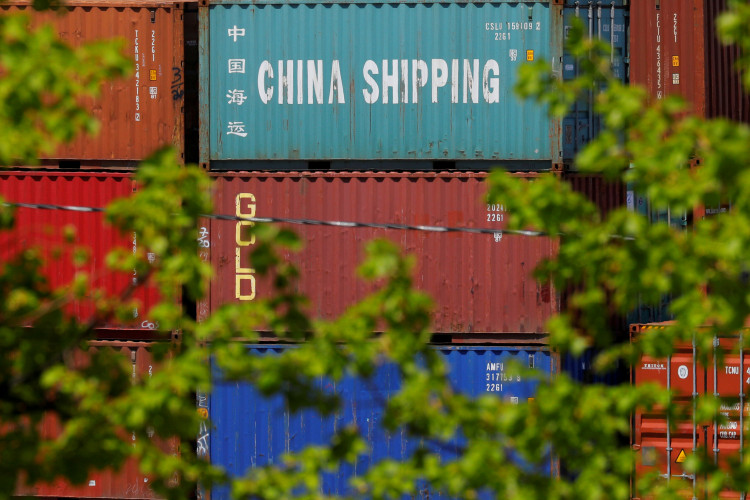China recently announced that the country will be ditching at least 17 trade regulations on foreign exchange management. The move was seen by many trade analysts as part of the country's effort to open up its market to foreign investors and also to hike up trade interests.
China said that its decision to remove some trade regulations is part of the government's effort to improve current standing services and outdated rules governing its market. This, in turn, will allow foreign investors, as well as market entities, to have a better understanding of the country's policies. This was confirmed by the country's State Administration of Foreign Exchange through a statement released on Tuesday.
According to analysts, China ditched most of the regulations the center around certain aspects of importing foreign exchange payments, the trading of foreign and service debts, as well as the foreign exchange management aimed for financial institutions, companies, and qualified individuals.
China's highest authority on trade regulations also ditched some of the requirements on the account validity and quota for front-end expenses of all direct foreign investments. Two regulations previously govern such transactions, and China decided to scrap it in order to make it easier for foreign investors to pump direct investments into the country.
China said that the government is still planning to adopt more amendments to current regulations with regards to trade and investment facilitation. This is part of the country's effort to open its market up to foreign investors.
Many market observers said that China's decision to open up its massive market which is largely inaccessible to foreign interests is a good strategy in order to mitigate the negative repercussions of the bitter trade war which the country is currently embroiled in against the United States.
The United States decided to strike a trade war against China a couple of months ago. The Western superpower imposed massive tariffs against various Chinese goods amounting to more than $2 billion. Despite the odds, China managed to mitigate or at least control the negative effect of the trade war by opening up its massively untapped market.
China's domestic market is widely considered as one of the biggest in the world. Despite this, the majority of the market is still inaccessible to many foreign companies. This factor alone puts China ahead of the trade war as it can simply open up its trade regulations in order to attract foreign companies and investors into the country, essentially offsetting the effects of the trade war.





